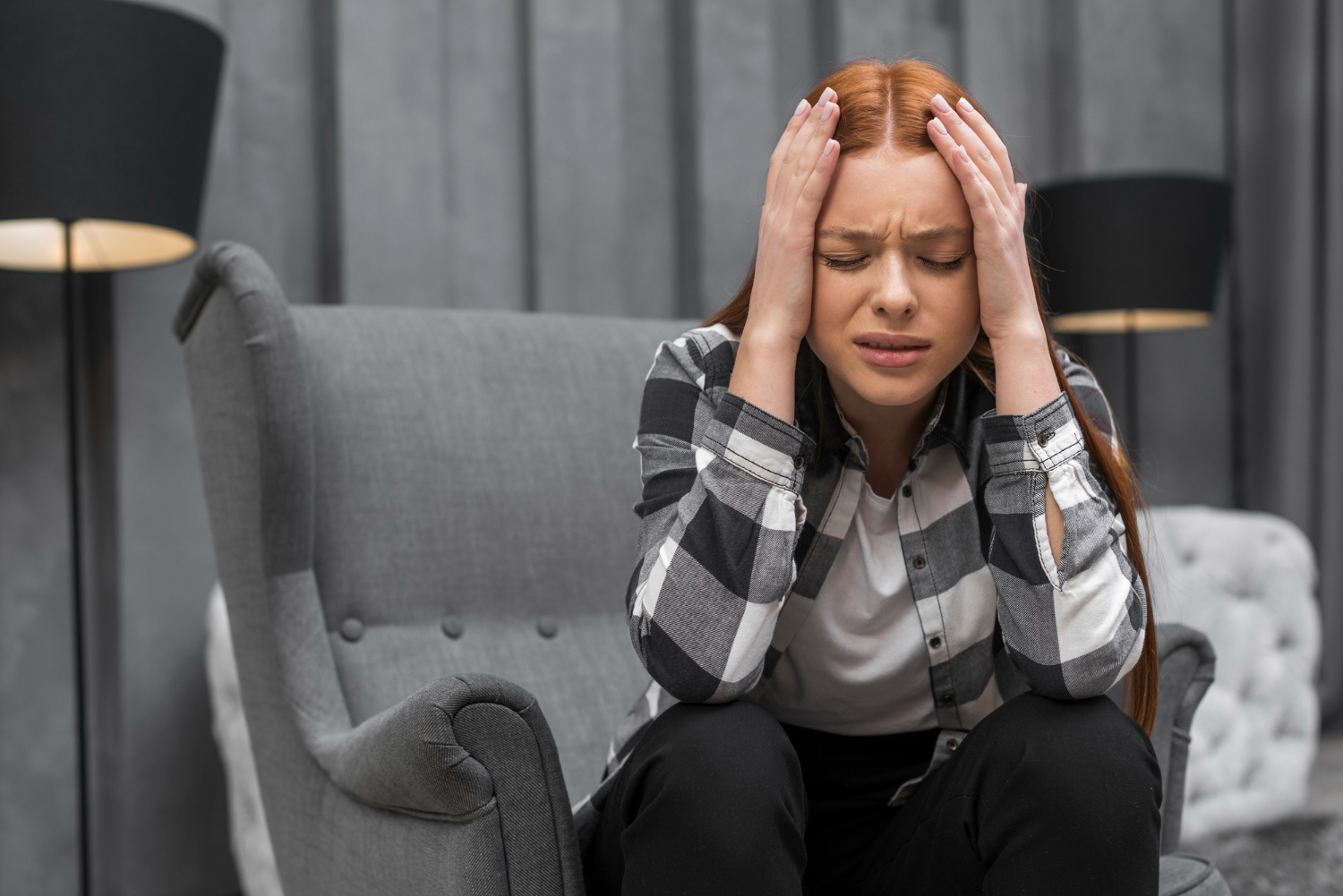Anxiety is a normal emotion that everyone experiences from time to time. However, for some people, anxiety becomes so frequent, intense, and overwhelming that it interferes with daily activities. Anxiety disorders affect millions of adults each year, impacting their quality of life. The good news is that anxiety is highly treatable. In addition to therapies and medications, there are several lifestyle adjustments and coping strategies that can help individuals take control of their anxiety and improve their overall mental health and wellbeing.
1. Limit Alcohol and Caffeine
- Stimulants like alcohol and caffeine can increase feelings of anxiety and nervousness. It is recommended to limit caffeine intake and avoid excessive alcohol consumption to alleviate anxiety symptoms.
2. Maintain a Positive Attitude
- Cultivating a positive mindset can have a significant impact on managing anxiety. Research shows that optimistic thinking patterns can reduce anxiety symptoms and improve mental health.
3. Exercise Regularly
- Regular physical activity, such as aerobic exercise, resistance training, and mind-body exercises like yoga, can effectively reduce anxiety symptoms. Exercise stimulates the release of endorphins, improves self-confidence, and provides a constructive outlet for anxious thoughts.
4. Take Time To Relax
- Incorporating relaxation techniques like meditation, deep breathing exercises, and regular breaks into daily routines can activate the body’s relaxation response and lower stress hormones. Relaxation helps calm the mind and body, reducing anxiety.
5. Get Adequate Sleep
- Sufficient and quality sleep is crucial for mental health and wellbeing. Sleep deprivation can significantly worsen anxiety. Establishing good sleep habits is essential for managing anxiety levels and improving overall mental health.
6. Seek Professional Help
- For individuals whose anxiety significantly impacts their ability to function and enjoy life, seeking professional help through counseling, therapy, or medication may be necessary. Professional support can provide effective coping strategies and aid in overcoming anxiety.
FAQs:
1. How does caffeine affect anxiety?
Excessive caffeine intake can increase feelings of anxiety and nervousness due to its stimulant properties. It is best to limit caffeine consumption to alleviate anxiety symptoms.
2. Can maintaining a positive attitude help with anxiety?
Yes, cultivating a positive mindset can help manage anxiety. Optimistic thinking patterns can reduce anxiety symptoms, improve resilience, and act as a coping mechanism in challenging situations.
3. How does exercise help with anxiety?
Regular exercise, including aerobic exercise, resistance training, and mind-body exercises, stimulates the release of endorphins and boosts self-confidence. It also provides a constructive outlet for anxious thoughts, reducing anxiety symptoms.
4. Why is relaxation important for anxiety management?
Relaxation techniques like meditation, deep breathing exercises, and regular breaks activate the body’s relaxation response, lowering stress hormones. Relaxation calms the mind and body, reducing anxiety and enhancing overall mental wellbeing.
5. When should I seek professional help for anxiety?
If anxiety causes intense fear, panic, or discomfort and significantly impacts your ability to function and enjoy life, it may be beneficial to seek professional help through counseling, therapy, or medication. Professional support can provide effective coping strategies and aid in overcoming anxiety.
